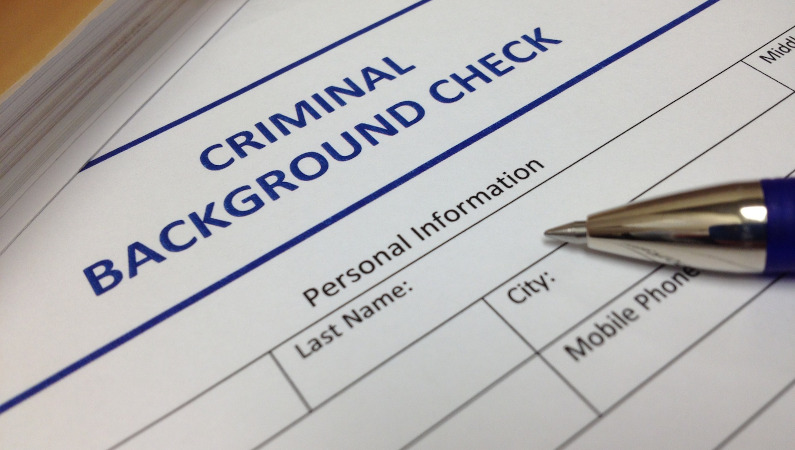
In the digital age, the demand for quick online background checks has surged as employers, landlords, and individuals seek to verify the credentials and histories of people they interact with.
These tools promise a swift, comprehensive glimpse into a person’s past, including criminal records, employment history, and personal details.
However, questions about these services’ reliability, accuracy, and privacy implications persist. This article delves into these aspects, providing a nuanced examination of online background checks.
Understanding the Mechanics of Online Background Checks
Online background checks operate by aggregating data from various public and private databases, offering a consolidated view of an individual’s history. Here’s how they typically work:
-
Data Sources: These services access public records, including court records, sex offender registries, and credit databases. Some also tap into private databases that compile information from less conventional sources like social media.
-
Data Aggregation: The gathered information is then indexed and stored in an easily searchable format, often leveraging advanced algorithms to quickly sort through vast amounts of data.
However, the diversity of sources and the varying quality of data can lead to discrepancies:
- Accuracy Issues: Not all databases are updated at the same frequency, resulting in outdated or incomplete information. Additionally, errors in data entry can lead to misidentification or incorrect information being reported.
- Coverage Variability: The extent and depth of information available can vary significantly depending on the subject’s geographical location and the thoroughness of record-keeping in different jurisdictions.
Accuracy and Reliability Concerns
The reliability of online background checks hinges on the accuracy of the data collected. This section explores key factors affecting accuracy:
- Timeliness of Data: The frequency of updates in public records can impact the accuracy of a background check. Infrequently updated records may not reflect recent legal actions or changes in personal details.
- Scope of Search: Limited searches may omit critical information, especially if jurisdictions do not digitally report all records or if some records are sealed or expunged.
Potential inaccuracies can have serious implications, including:
- Misidentification: Similar names and birthdates can lead to records being incorrectly attributed to the wrong individual.
- Omission of Information: Partial or selective searches might fail to uncover important information like pending charges or recent arrests.
Privacy Considerations
Privacy is a significant concern when conducting online background checks. The following points highlight key privacy issues:
- Consent and Disclosure: In many jurisdictions, consent must be obtained from the person searched before conducting a background check. Failing to do so can result in legal penalties.
- Data Security: These services’ storage and handling of personal data raise concerns about data breaches and unauthorized access.
Additionally, users should be aware of:
- Regulatory Framework: Laws such as the Fair Credit Reporting Act (FCRA) in the United States use background check information for employment and other purposes, requiring specific handling and dispute resolution processes.
- Right to Privacy: Individuals have the right to privacy, and indiscriminate access to their personal information without a legitimate basis can infringe on this right.
Mitigating Risks and Enhancing Reliability
Improving the reliability of online background checks involves addressing both accuracy and privacy concerns:
- Regular Audits and Updates: Services should conduct frequent audits of their databases to correct inaccuracies and ensure data integrity.
- Transparency and Compliance: Companies offering these services must be transparent about their data sources and comply with applicable legal standards, including those concerning privacy.
Practical steps for users include:
- Verifying information obtained from online background checks with other sources.
- Be cautious about using these checks’ information for critical decisions without further verification.
Additional resources can be invaluable for readers seeking more detailed insights into the practical applications and real-world implications of quick online background checks. An informative article is available on Techweez, which discusses the latest advancements and considerations in fast background check technologies.
Conclusion
Quick online background checks provide a valuable tool for obtaining important information about individuals, but they come with inherent limitations and risks, particularly concerning accuracy and privacy.
Users and providers must navigate these challenges carefully, ensuring compliance with legal standards and ethical considerations. As this field evolves, ongoing evaluation and adaptation will be crucial in maintaining the trust and effectiveness of these essential tools.










